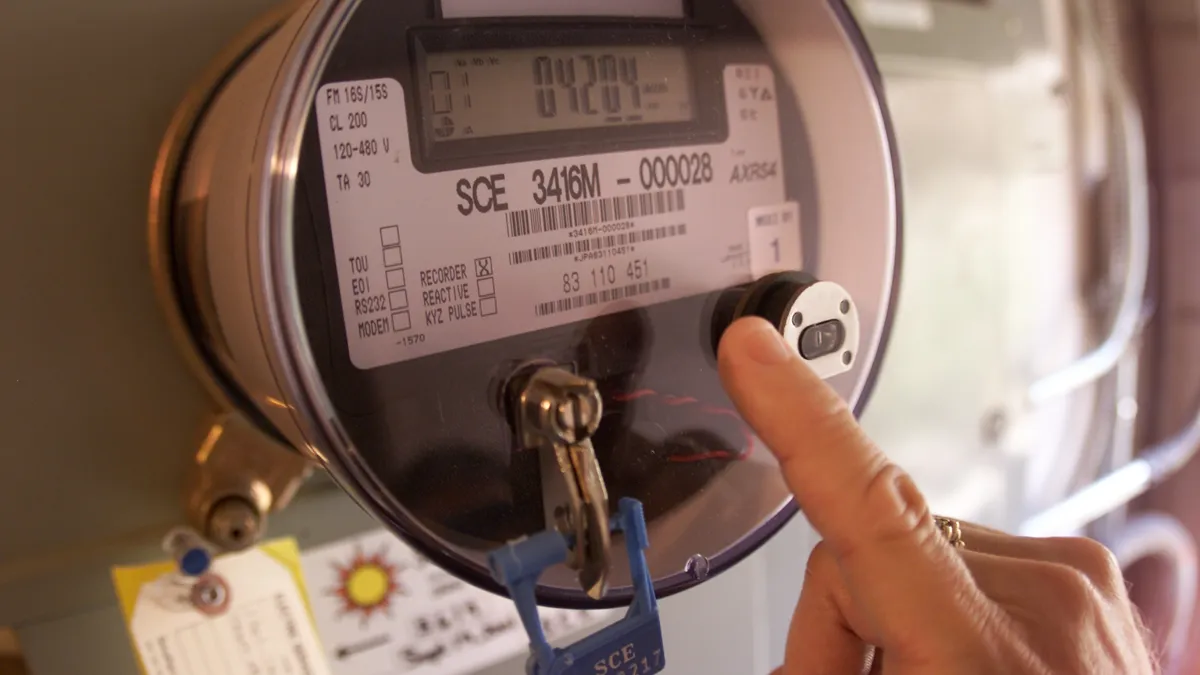Dive Brief:
- GTM Research predicts worldwide utility spending on analytics solutions and integrations services will reach $10.1 billion through 2021, as utilities begin to take develop new applications and uses for the data captured by advanced metering infrastructure (AMI).
- Reporting on the research, Greentech Media says basic automation and savings will no longer be sufficient use cases to drive AMI deployment—utilities will need to go farther, providing voltage support, connecting distributed resources and reducing line losses.
- Two large utilities in the United States are working on major rollouts of AMI. Consolidated Edison will deploy 3.6 million smart electric meters through 2022, and National Grid is working to install 1.3 million meters in its territory.
Dive Insight:
In the next five years, utilities around the world will spend more than $2 billion annually on analytics solutions and integration of services, according to GTM Research, as power providers consider how to enhance the value of new and existing automated metering infrastructure investments. But utilities will need to look beyond traditional automation in order to justify the expenses, which the report concludes will not stop at AMI.
On the network side, better integration can assist with distribution O&M, predictive outage and reliability, and volt/VAR control, the report found. On the customer side, enhanced load forecasting, customer segmentation and load disaggregation can all result from more accurate algorithms.
The smart meter rollout has been slow, but some utilities are now pushing ahead with advanced metering plans as a new range of benefits becomes apparent.
National Grid last month has selected tech and services company Itron to supply Advanced Metering Functionality to customers in Massachusetts. The utility tapped Itron’s OpenWay smart grid platform to meet the AMF objectives of its Grid Modernization Plan. Itron said its platform can provide access to near real-time data, outage and restoration notification, two-way communication and control capabilities.
Also earlier this year, New York regulators approved an advanced metering rollout for Consolidated Edison in New York City and Westchester County. The advanced meters will allow for 15-minute meter reads for residential customers, five-minute reads for non-residential customers, and directs ConEd to employ the Green Button Connect data sharing standard.











